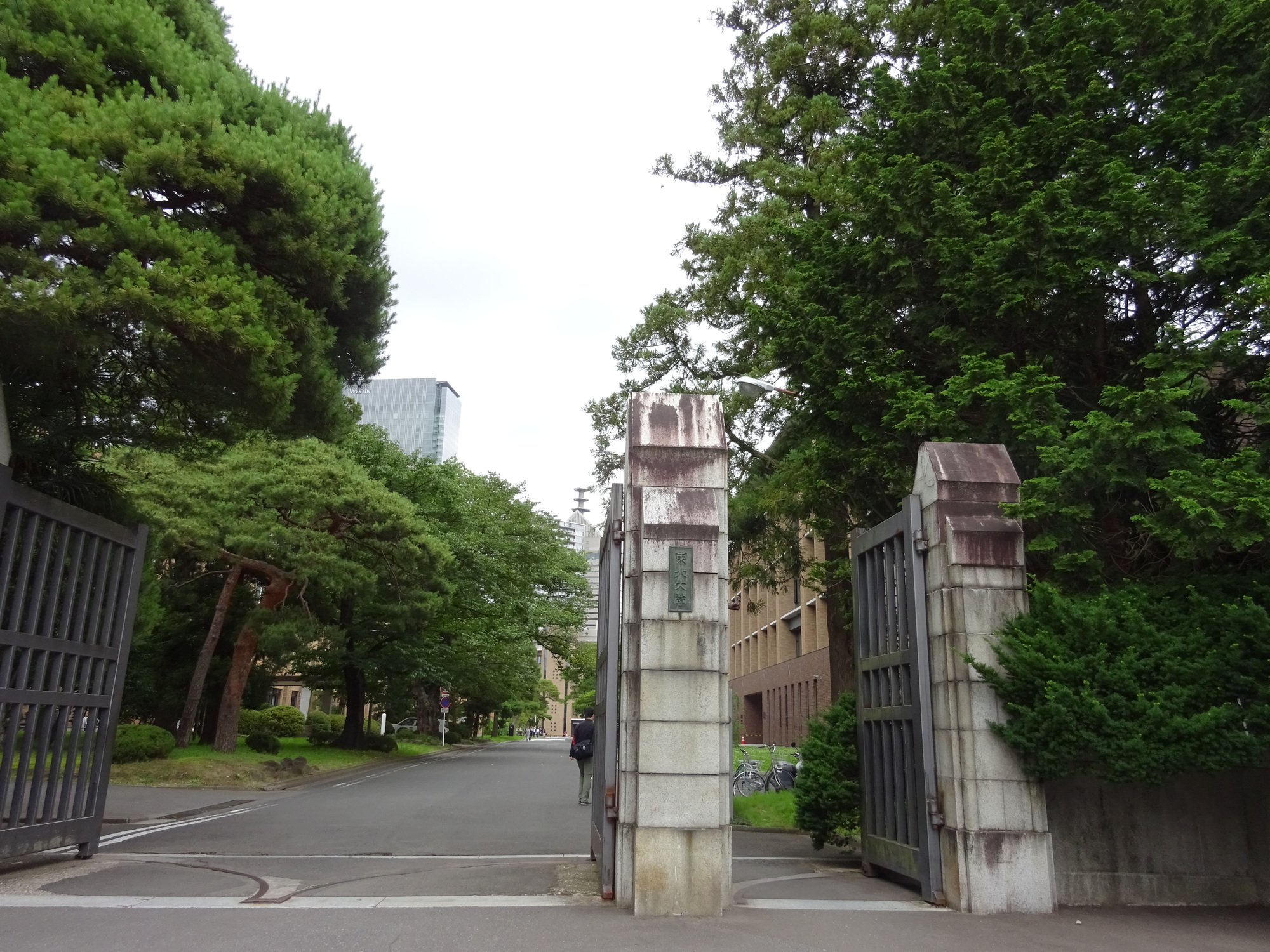With the aging of the population, the number of all types of dementia continues to increase, and the establishment of new treatments for dementia is an urgent issue worldwide.For Alzheimer's disease, which accounts for more than half of all dementia, some symptom-improving drugs have been developed, but there is no curative treatment yet.
Under these circumstances, a research group at Tohoku University discovered that low-intensity pulsed ultrasound (LIPUS) may suppress cognitive decline in a mouse model of Alzheimer-type dementia in 2018. In June, the world's first doctor-initiated clinical trial was started.This time, the treatment and follow-up centered on the safety evaluation, which is the first stage of the clinical trial, has been completed, and the safety has been confirmed by the efficacy and safety evaluation committee. Announced that clinical trial treatment centered on efficacy evaluation will start in April 6.
LIPUS treatment is a new generation of minimally invasive treatment with very few cell and tissue disorders, and the research group has long reported its efficacy and safety against ischemic heart disease at the animal experiment level.On the other hand, in recent years, it has become clear that Alzheimer-type dementia and angiopathy have a common risk factor, and we wondered if LIPUS could be applied to the prevention or treatment of Alzheimer-type dementia.
When LIPUS was applied to the entire brain of Alzheimer's disease model mice, the accumulation of amyloid β, which is one of the pathological features of Alzheimer's disease, was markedly reduced, confirming the possibility of suppressing cognitive decline. Was done.In this way, we have actually started clinical trials in patients with Alzheimer's disease.
LIPUS treatment, which is an innovative approach using physical stimulation, has advantageous features such as being completely unaffected by the blood-brain barrier, which is difficult for drugs to pass through.If the efficacy is confirmed based on the results of this clinical trial, it is expected to be the world's first treatment method with the potential to radically treat Alzheimer's disease.

